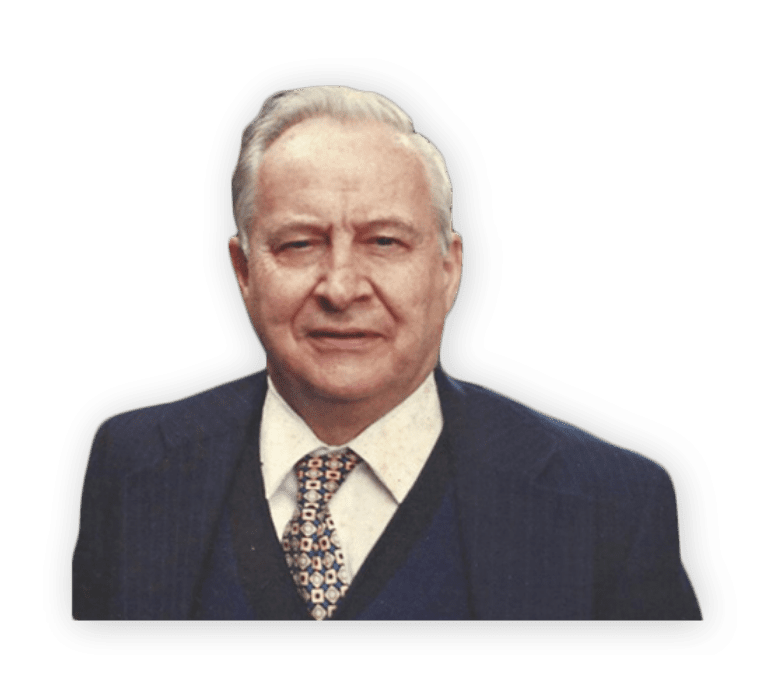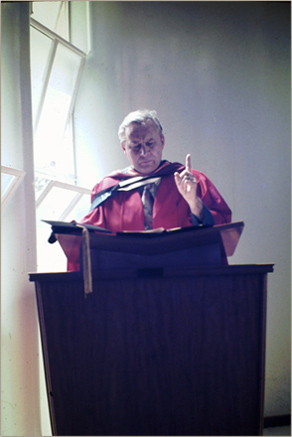The Baptism of John and the Fiery Believer Apollos (Excerpt from Lee’s M.Div. thesis Baptism Does Not Cleanse!) – To read the full excerpt, click “Download” below.
Not just Paul but also Apollos soon became an important leader in the Corinthian Church. Earlier, Apollos the eloquent Alexandrian had listened to Aquila and Priscilla privately explaining the way of God to him more perfectly — while he was in Ephesus.
Still earlier, before arriving there, Apollos was already “mighty in the Scriptures.” For even previously, he “had been catechized in the way of the Lord”; was “fervent in the Spirit”; and clearly understood and acknowledged or “knew the baptism of John.”

